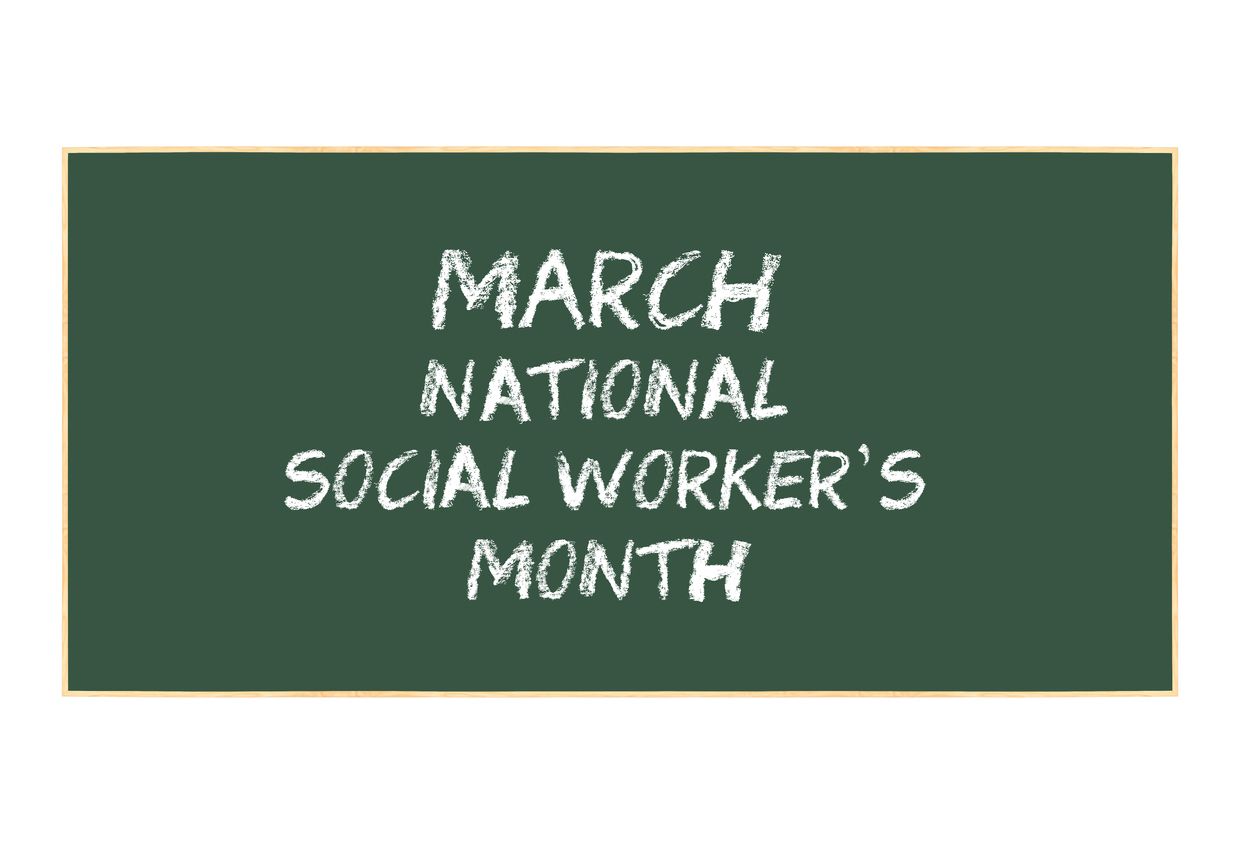Facing the front lines together

Subscribe to Catalyst
Subscribe to get our magazine delivered right to your inbox
Related Articles
Subscribe to Catalyst
Subscribe to get our magazine delivered right to your inbox
Related Articles
In March, we celebrate Social Work Month and acknowledge the contributions of social workers. Whether they’re connecting someone who has lived experience of substance use to supportive housing, helping a survivor of gender-based violence find accessible childcare options, or working on mental health policies for post-secondary students, no two days are alike. But each day requires the kind of selflessness that few professions demand.
Of course, selflessness has its own set of perils. Social workers are faced with situations of childhood poverty, sexual assault, and bear witness to the structural inequality in our world. Such experiences expose them to ongoing vicarious trauma and often lead to compassion fatigue. Yet, as Polly Leonard, Mental Health Commission of Canada (MHCC) program manager and registered social worker, noted, “There can be an attitude of stoicism among social workers who feel like their distress pales in comparison to that of their clients.”
Who, for example, can social workers turn to for support when their friends or colleagues double as the therapists they’re encouraged to talk to? “If you do seek external support, you have to search high and low to be sure that you don’t end up talking to a friend or colleague who also works as a private therapist,” said Leonard.
Louise Bradley, MHCC president and CEO, concurred. “Social workers are truly the unsung heroes of the caring professions. While firefighters and police officers may make headlines for grand displays of courage, social workers must dig deep into their well of compassion every day. Not only do they advocate for the underserved and the vulnerable, they are regularly exposed to the kind of vicarious trauma that can lead to the operational stress injuries often associated with other first responders.”
Leonard summed it up plainly: “When we’re finished talking about our cases, it doesn’t feel like there’s space left to talk about anything else.”
That’s one reason the Canadian Association of Social Workers encourages registered social workers to develop a clear understanding of how their work affects their well-being.
Few people are surprised to learn that health-care workers and other first responders face similar challenges to those of social workers.
Chronic stress and burnout are common in health care, with many workers reporting stress-related conditions like depression and anxiety or substance use disorders. The MHCC’s Caring for Healthcare Workers assessment tools can help organizations identify areas of vulnerability and improve their workers’ psychological health and safety.
Paramedics, firefighters, and police officers, who experience PTSD at two times the rate of the general population, also have an increased risk of depression, substance use, and thoughts of suicide.
For paramedics, who have some of the highest rates of mental illness in the country, the CSA Group developed the Paramedic Standard, whose dedicated workplace standards can help them shine a light on stigma, identify psychological hazards, and promote mental wellness.
For other workers in emergency response settings, The Working Mind First Responders (TWMFR) course is designed to promote mental wellness, build resiliency skills, and reduce the stigma of mental illness. Based on the mental health continuum model, TWMFR helps first responders recognize psychological injuries in themselves and their peers. There’s also a Family Package to help relatives open an informed and constructive dialogue within families.
Fortunately, through carefully developed tools and resources, these front-line workers have access to mental health resources as unique as the situations they face — whether they’re being featured on the front page or buried in the fine print.
Amber St. Louis




